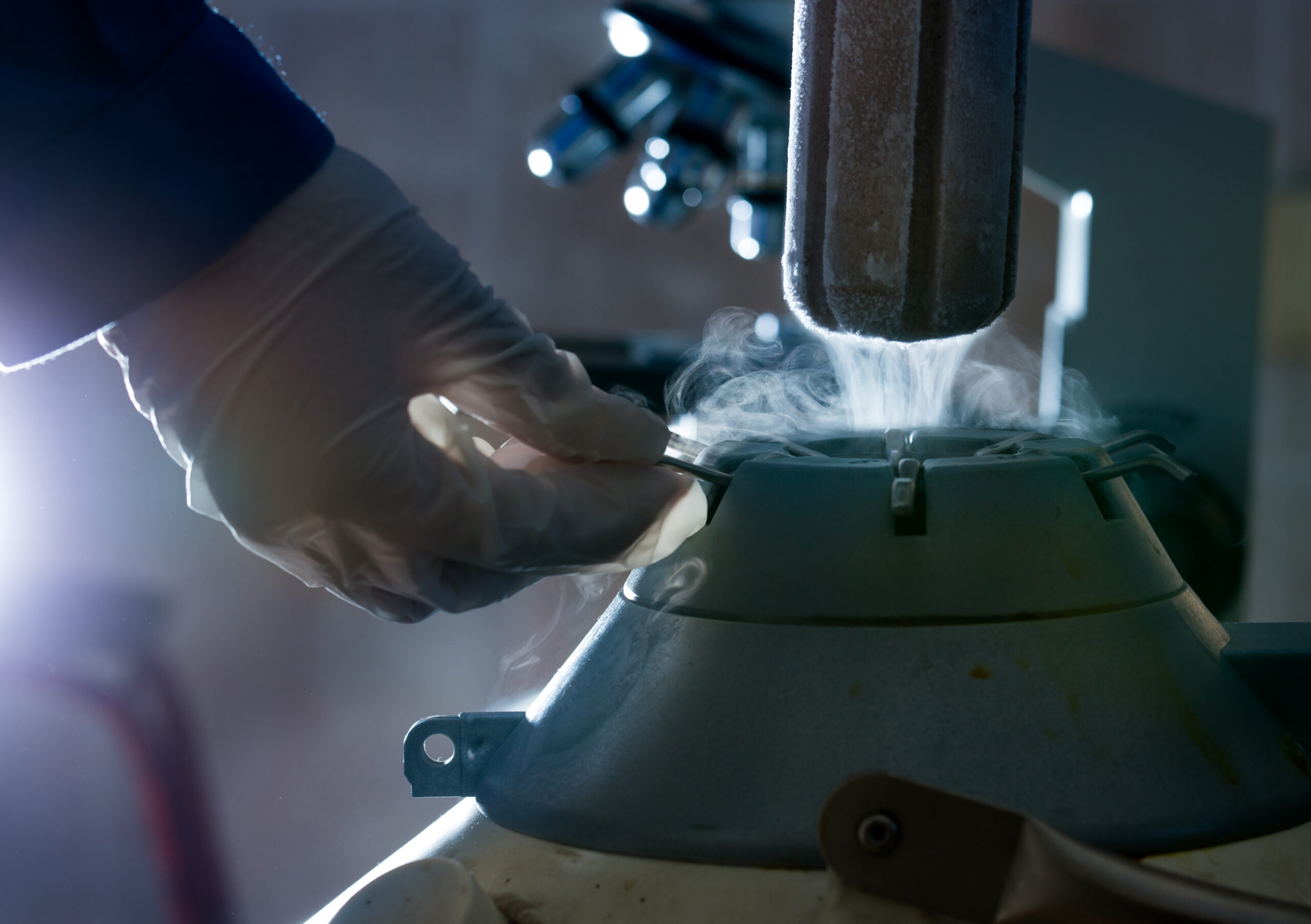Cryopreservation of Reproductive Tissue: Indications and Considerations
Introduction:
Cryopreservation of reproductive tissue has emerged as a significant technological advancement in the field of assisted reproductive technologies (ART). It offers individuals the opportunity to preserve their reproductive potential by freezing and storing gametes (sperm and eggs) or embryos for future use. While cryopreservation can be beneficial for various reasons, it is important to explore who would be indicated to consider this option. This essay aims to discuss the indications and considerations for individuals who might benefit from cryopreserving their reproductive tissue.
Medical Reasons:
a) Cancer Patients: Individuals diagnosed with cancer often undergo treatments such as chemotherapy or radiation therapy that can significantly affect fertility. Cryopreservation allows them to preserve their gametes or embryos before starting cancer treatment, thereby preserving the possibility of having biological children in the future.
b) Autoimmune Diseases: Certain autoimmune conditions and medical interventions, such as lupus, endometriosis, or surgeries like oophorectomy, may lead to reduced fertility or loss of reproductive organs. Cryopreservation can be a valuable option to safeguard fertility for these individuals.
c) Genetic Disorders: Individuals with genetic disorders that could impact their fertility may choose to undergo cryopreservation as a precautionary measure, ensuring the availability of healthy gametes or embryos for future use.
Social Reasons:
a) Age-related Fertility Decline: As women age, their fertility declines, and the risk of chromosomal abnormalities in eggs increases. Cryopreservation enables women to freeze their eggs at a younger age, preserving their reproductive potential and increasing the chances of successful pregnancies later in life.
b) Pursuing Educational or Career Goals: Individuals, especially women, who want to focus on their education or career without compromising their reproductive options might choose to cryopreserve their gametes or embryos. This allows them to delay childbearing until they are ready, mitigating the impact of age-related fertility decline.
Personal Reasons:
a) Family Planning: Cryopreservation offers an option for individuals or couples who are not yet ready to have children but desire to start a family in the future. Freezing gametes or embryos provides them with flexibility and the ability to plan for parenthood on their own terms.
b) Assisted Reproduction: People undergoing fertility treatments, such as in vitro fertilization (IVF), may choose to cryopreserve surplus embryos for future use. This option allows them to pursue multiple IVF cycles without undergoing the stimulation process each time, reducing physical and emotional burdens.
Considerations and Ethical Concerns:
While cryopreservation of reproductive tissue offers numerous benefits, several considerations and ethical concerns should be taken into account:
a) Financial Implications: Cryopreservation and long-term storage of reproductive tissue can involve substantial costs, including initial procedures, storage fees, and potential costs of future assisted reproductive treatments.
b) Ethical and Legal Issues: Cryopreserved embryos raise complex ethical questions, particularly regarding their disposition in cases of divorce, death, or changes in individual preferences over time.
c) Limited Success Rates: Cryopreservation does not guarantee future successful pregnancies. The chances of achieving a successful pregnancy depend on various factors, including the quality of the gametes or embryos at the time of freezing and the age of the individual at the time of cryopreservation.
Conclusion:
Cryopreservation of reproductive tissue offers a valuable option for individuals facing medical challenges, those desiring to delay parenthood for personal or professional reasons, and those pursuing assisted reproduction. However, careful consideration of the medical, social, and personal factors, as well as the associated ethical and financial considerations, is crucial before making a decision. By understanding the indications and considering these factors, individuals can make informed choices about cryopreserving.


No Comments